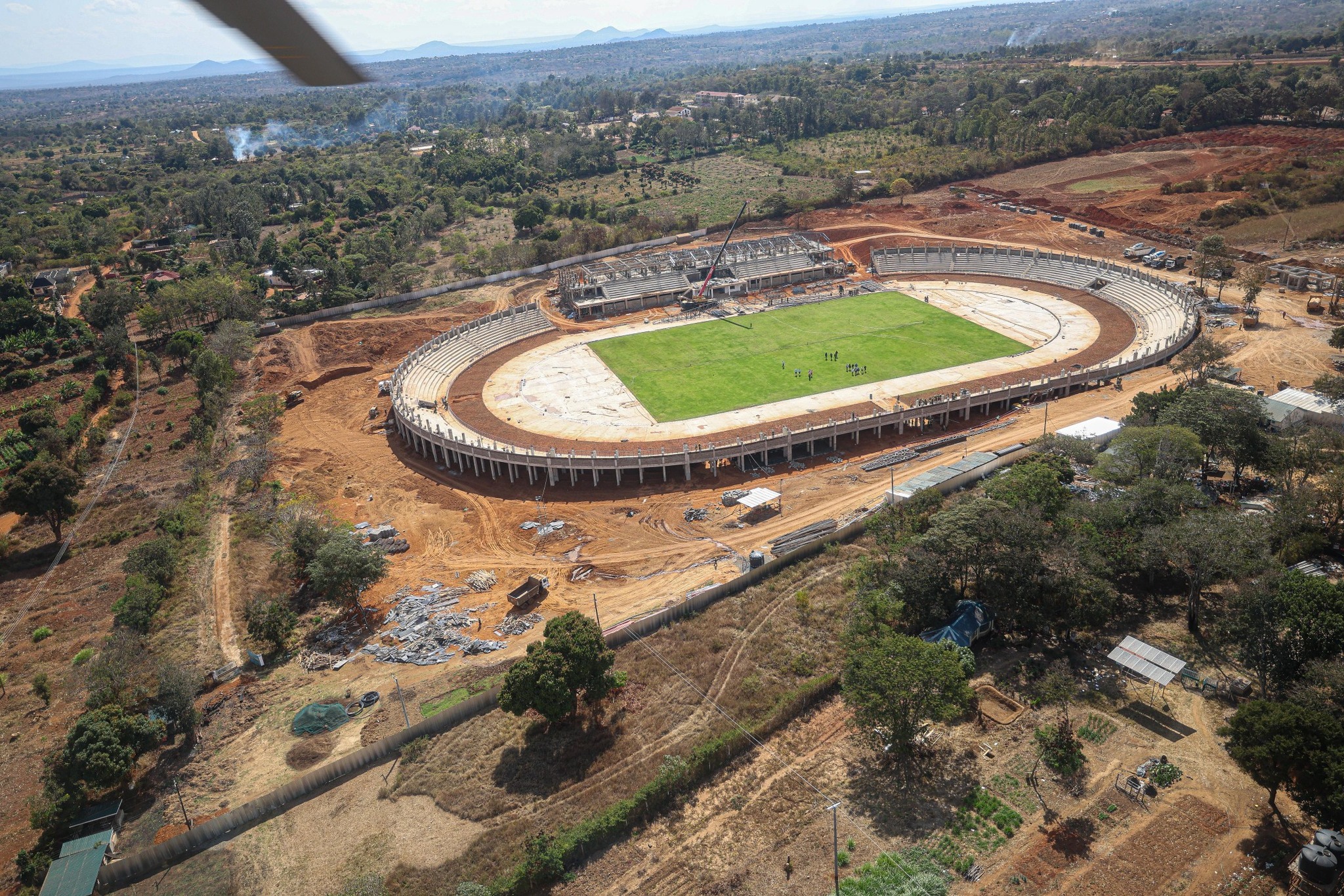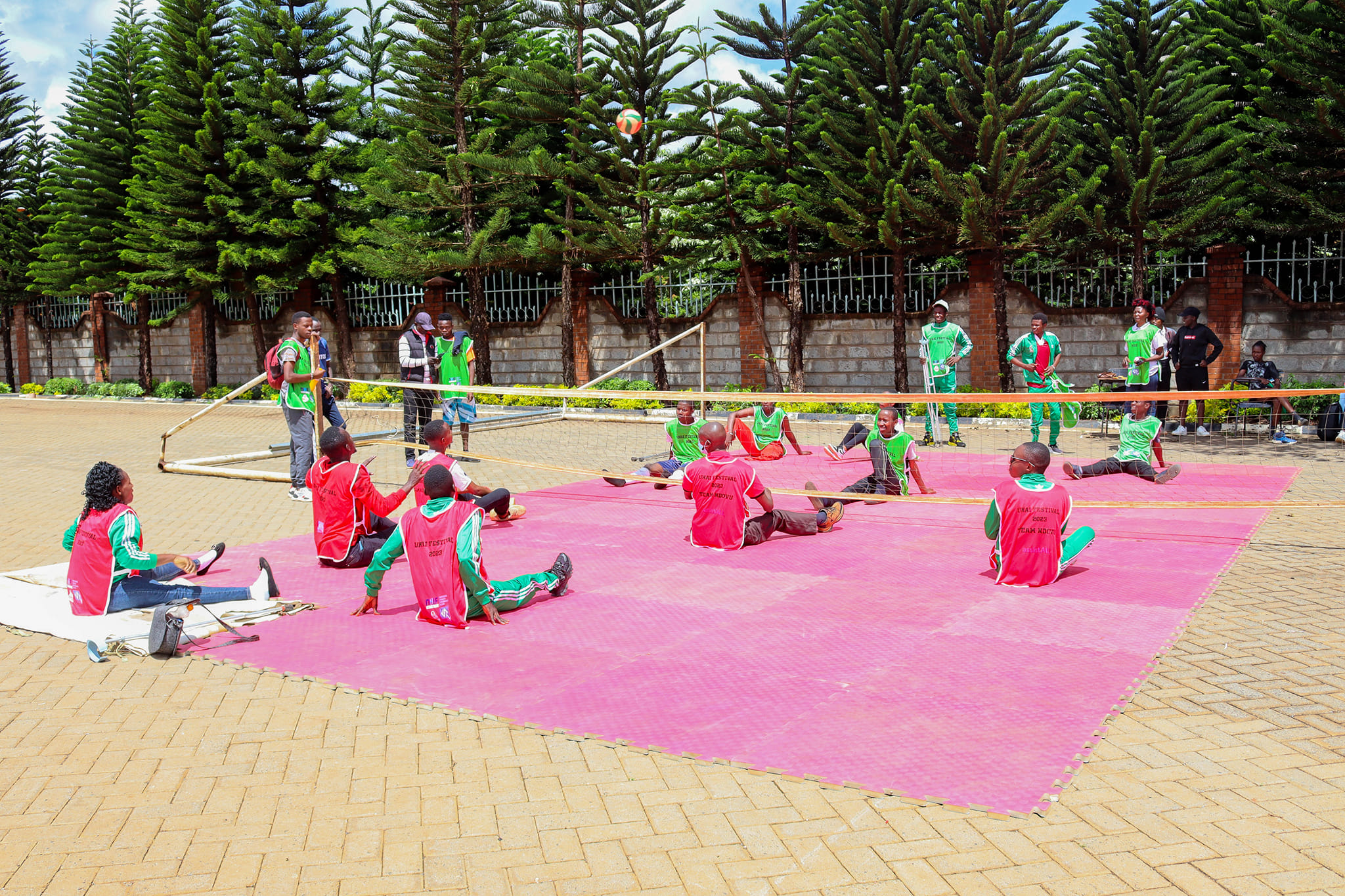CDA Project In Taita Taveta Already Benefiting Locals
Taita Taveta is among the counties hit hard by drought, the government in collaboration with relevant organizations, has worked tirelessly in scaling up measures to mitigate the adverse effects.
Coast Development Authority(CDA) has constructed the Ksh3.289 billion Chala Smallholder Irrigation Project in Taveta Sub-County, which has helped to solve water scarcity in the region, as compared to before where, pupils at Nakuruto Primary school used to carry five-liter jerry cans of water each to school every day for cooking, drinking and washing toilets in the institution.
According to the Coast Development Authority Managing Director Dr. Mohamed Keinan, besides supplying water to the local people, the project is also supplying water to the 190-acre Kasokoni Irrigation Scheme which has up-scaled horticultural farming in the area threefold.
Dr. Keinan said that courtesy of the project, thousands of tonnes of bananas, onions, chili, tomatoes, cassava, maize, beans, pawpaws, mangoes, cabbages, lemons, and oranges are being produced by farmers doing irrigation at the Kasokoni irrigation scheme.
The MD further said that CDA spent Sh45 million on the first phase of the project which was secured from the National Treasury during the 2018/2019 Financial Year.
"Besides supplying water to smallholder farmers, the project is also undertaking domestic water supply to 7000 people and 15000 livestock", said the MD
The MD said water for the project is drawn from a 100 meter deep, 250 millimeter diameter production borehole drilled near the hilltop Lake Chala which straddles the Kenya-Tanzania border.
The borehole, Keinan added, is equipped with a solarized pump with a discharge capacity of 35,000 litres of water per hour.
The MD added that the water from the project is supplied to users at Kasokoni, Malukiloriti, and Kitondoni where CDA has built four water kiosks and made provisions for those who can afford to pump water to their homesteads.
"We have installed a 10,000 Litre water tank at Kirimeri ECD centre, another 10,000 Litre tank at Nakruto Primary school, another 10,000 litre tank at Malukiloriti Secondary school, and another 10,000 litre tank at Malukiloriti Primary School besides fitting each water kiosk with a 10,000 litre tank", said the MD.
Dr Keinan said, CDA has also constructed 6 cattle troughs to water livestock, three others for shoats (sheep and goats), and rehabilitated another cattle trough which had been neglected for some time at Kirimeri, Kasokoni, and Malukiloriti villages.
"Our goal as CDA when we mooted this project was to increase food security through supplying water for irrigation farming, livestock production, and domestic use in order to build the community's resilience to climate change and improve living standards of people of Chala location and Nakruto besides going out of our way to capacity build farmers through input support and training on good agricultural practices and marketing", said Dr. Keinan.
The Authority, the MD said, will also enhance catchment protection and management activities in Nakruto.
To achieve these objectives, CDA has given 51 farmers farm inputs including seeds, fertilizers, and pesticides, trained 50 farmers on good agricultural practices, marketing, and cooperative society's formation, and trained 50 Water User Association members on operationalization and maintenance of the Nakruto Water Resource.
Mr. Peter Kabuki, the headteacher of Nakruto Primary school which has a population of over 200 pupils said, the CDA- funded water project is God-sent and a game-changer for his learners and the local community.
''Before this project became operational, my pupils used to carry five litres of water each for cooking their lunch, drinking, and washing their toilets but nowadays, they just walk five metres from their classrooms to the 10,000 litre water tank to fetch the commodity which has really revolutionized the standards of hygiene in our school", Mr. Kabuki said.
The headteacher further said that, after the project became operational, the school has fully mitigated against the outbreak of waterborne diseases since children drink treated water, enhanced hygiene among the learners, enabled the school to start kitchen gardening and tree planting besides exposing the children to hand washing which has helped the school keep Covid-19 at bay.
Tags:
Related
Share this article
Experienced and versatile writer, dedicated to using my exceptional writing and editing skills to inform and advocate. My work focuses on educating and entertaining readers on a range of topics, with a particular expertise in matters of disability.
View articles


